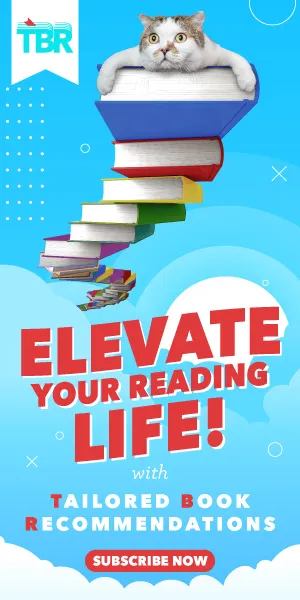
Taking Off The Blinders: Reading More Diversely in 2017
At Book Riot, we put a bit of emphasis on reading and diversity. We write about books that have been translated from languages other than English, books by or about people of colour, books by LGBTQ+ authors, books from and about countries other than America. We encourage readers and each other to broaden reading horizons, try new genres, new styles, new voices.
So it is with some shame and embarrassment when I look back on my reading logs from the past several years and realise that almost every book I have read was by a white author from either America, the UK, or Australia. This was not on purpose. I simply read books by authors I was familiar with, or that were similar to books I’d read in the past, and there was no conscious effort made to read diversely. I had blinders on, and in not seeing colour, I didn’t realise that the reason I didn’t see colour wasn’t because I was very open-minded but because there was no colour to see in the reading lists I had created for myself.
In 2013, I read one book by an author of colour (out of 93 books read). In 2014, that figure tripled to three (out of 65 books read). In 2015, all progress is erased and that drops to zero (out of 33 books read). In 2016, the year I started writing for Book Riot and became aware that I had blinders on, the number creeps up to five (out of 35 books read).
You might think that this does not matter. I used to think that. Why do I have to pay attention to what race or ethnicity the author is? Why can’t I just read books for the story? I don’t care if the author is male or female, gay or straight, black or brown or white or purple. I just want to read a good book!
Studies have shown that reading literary fiction can improve empathy, teach social behaviours, break down stereotypes, and make us more aware of people who are unlike ourselves. Even reading Harry Potter can make us more compassionate and empathetic.
But I would suggest that for that to actually have much of an effect, we need to be reading about people who are different to ourselves. Reading has the ability to transport us into other worlds, other times, and the lives of other people. It can let us into the minds of people we could never be and get a glimpse of their experiences. By continuing to read only white authors, about white characters, in America or England or Australia, I am not making the most of what reading could be.
Yes, reading is a wonderful escape and source of entertainment, and I can’t wait to get Jeffery Deaver’s new Lincoln Rhyme thriller in my hot little hands. I’ve got Jill Mansell’s new book, Meet Me At Beachcomber Bay, on its way to me, and as soon as I open that parcel I’m going to start reading it. I would never say to someone who reads only popular fiction that they are not a real reader, or that to engage in ‘proper’ reading they need to be reading literary fiction and have a certain proportion of books on their reading log by authors who are different from themselves. If you read, I will say that you are a reader.
But reading can be so much more than just entertainment and escape. JK Rowling said it best in her Harvard commencement speech in 2008:
“Imagination is not only the uniquely human capacity to envision that which is not, and, therefore, the foundation of all invention and innovation. In its arguably most transformative and revelatory capacity, it is the power that enables us to empathize with humans whose experiences we have never shared.”
So this year, I’m going to take off the blinders. Read more diversely, read better, read harder. I’m going to immerse myself in stories of people whose lives I do not share, and not stick mainly to stories where I’m guaranteed a happily ever after. Perhaps you’d like to join me?











